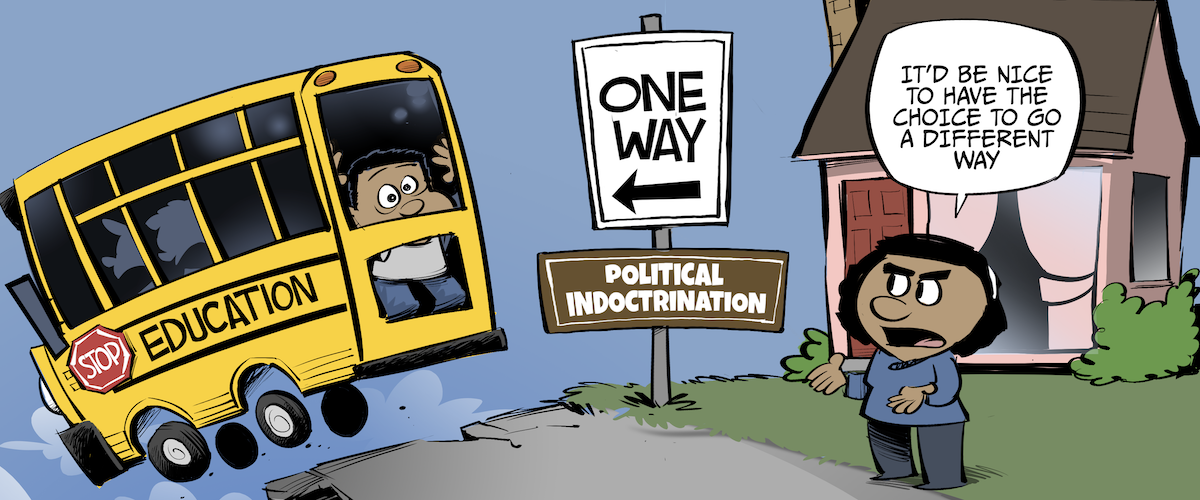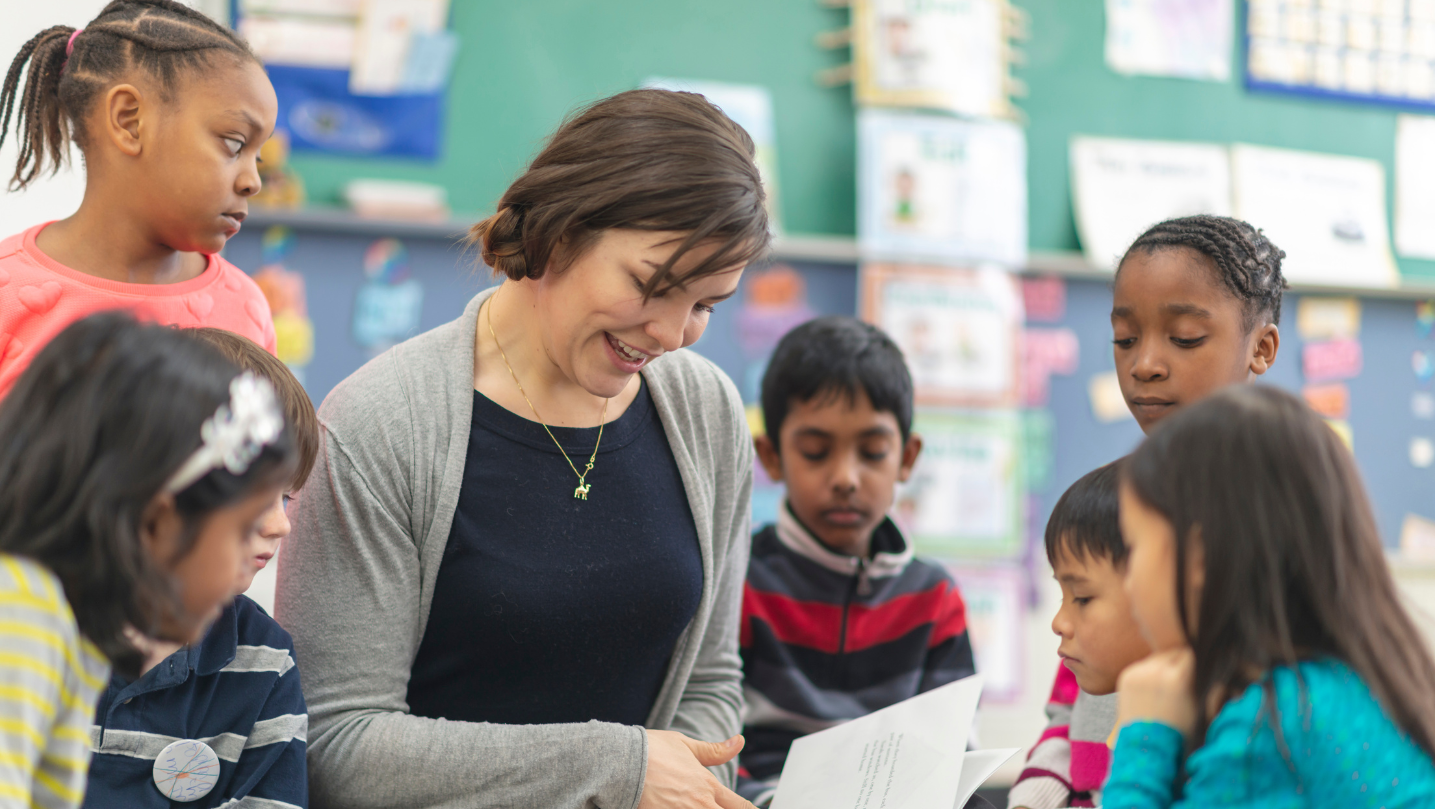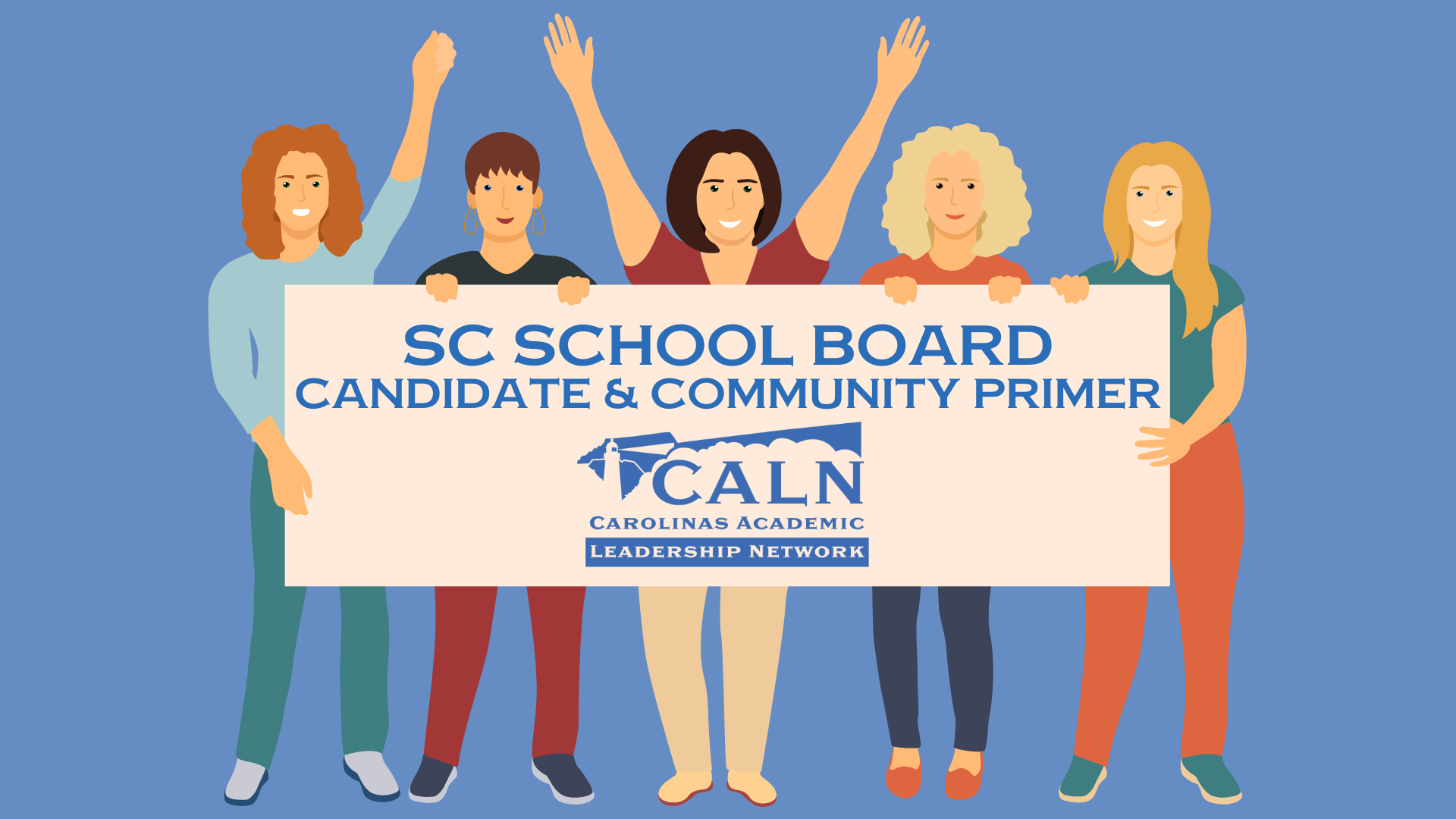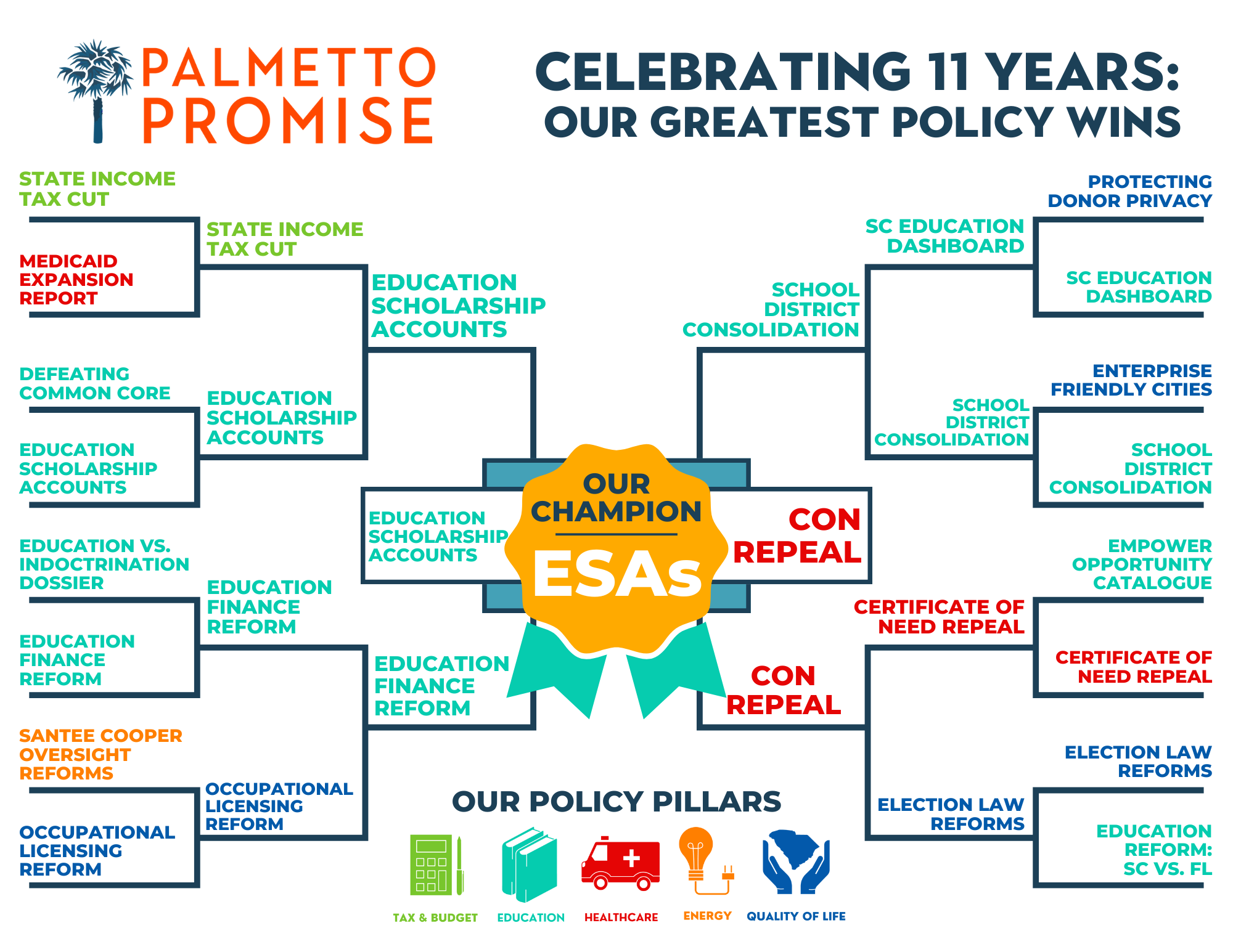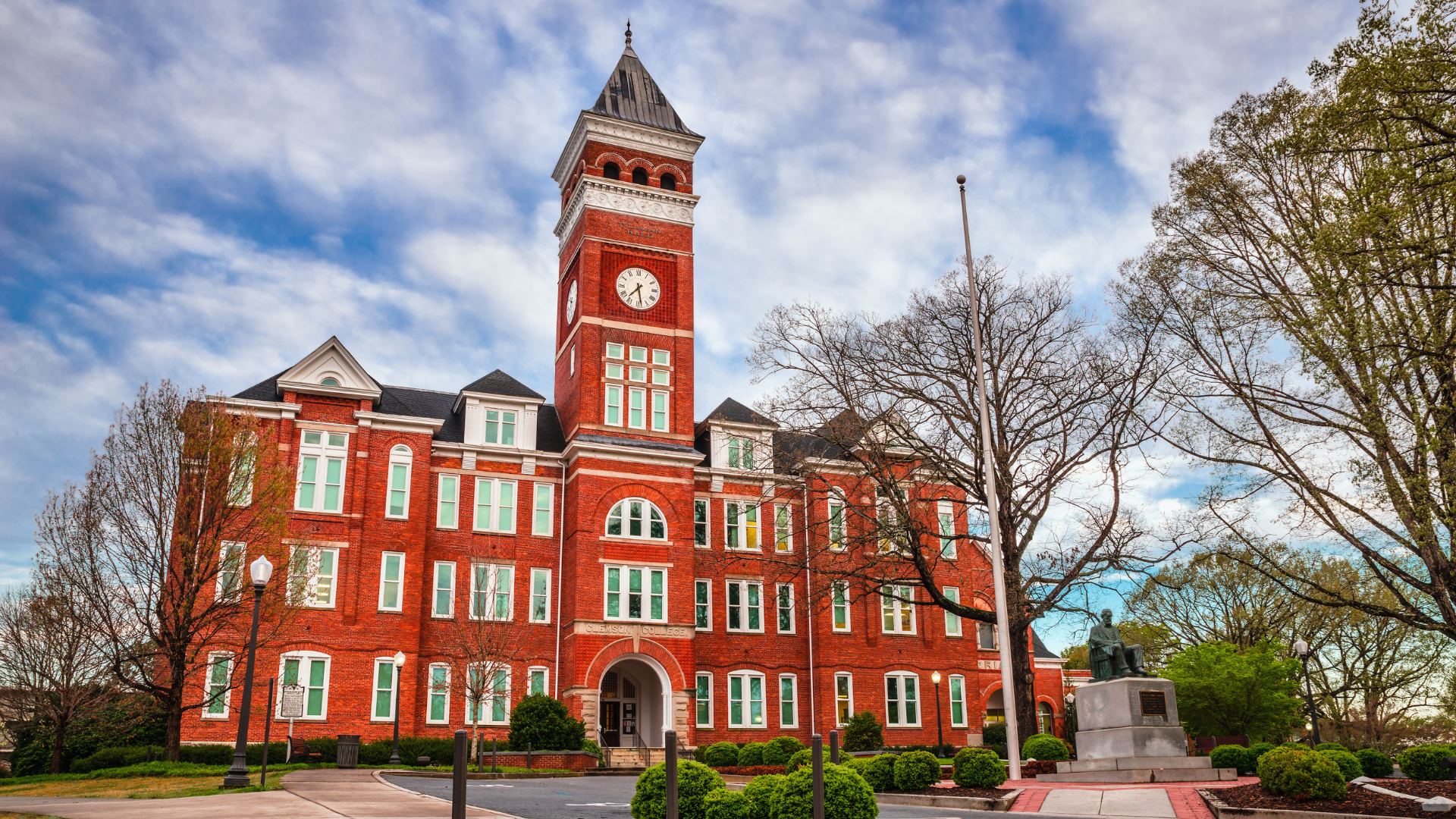Palmetto Promise Presents Corey DeAngelis: The Parent Revolution Book Tour
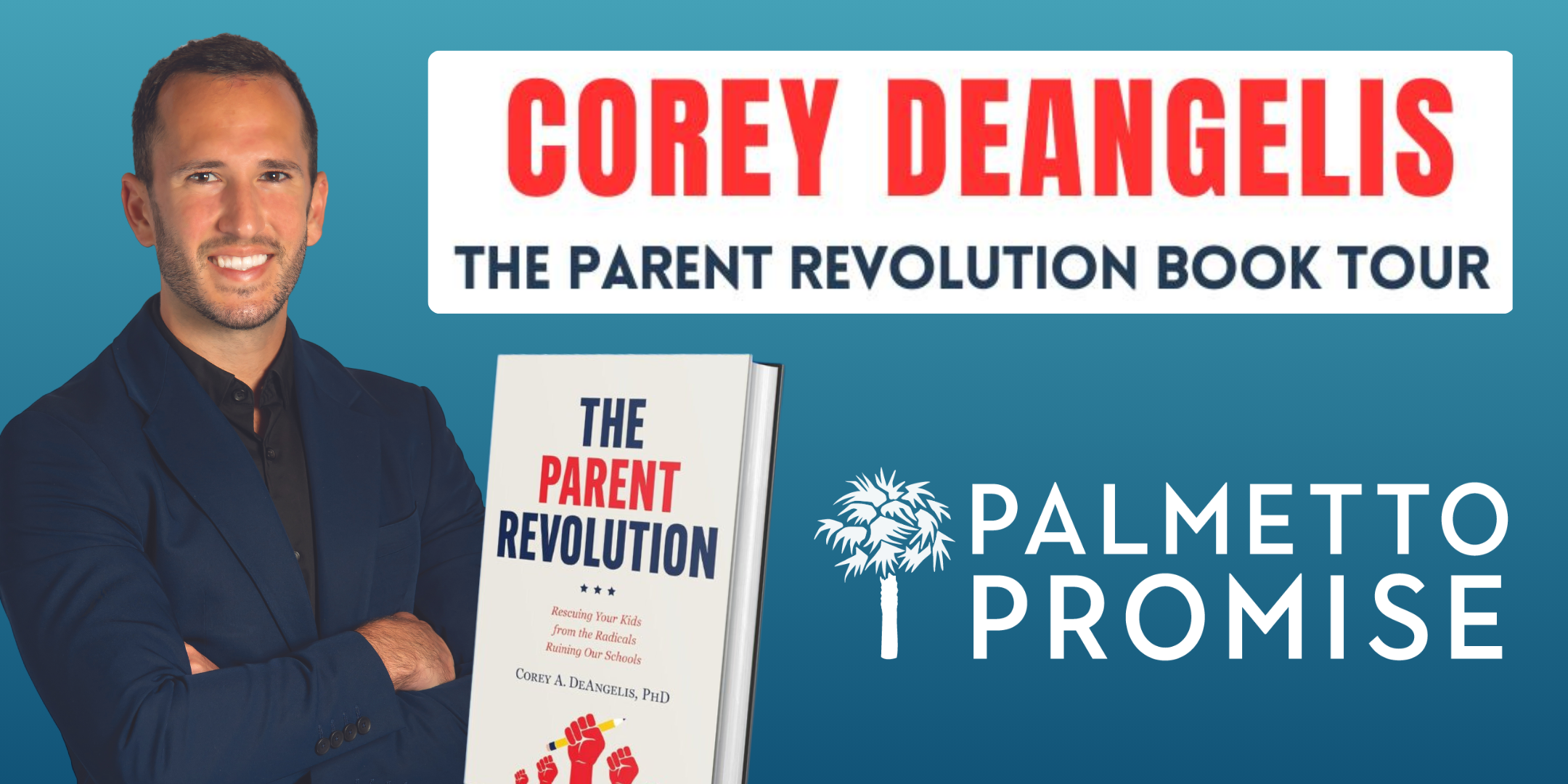
Come join us for an exciting event with school choice evangelist Corey DeAngelis as he embarks on the nationwide tour for his brand new book, The Parent Revolution. WHEN: June 14, 2024 at 1pm (doors open at 12:30) WHERE: 1824 Barnwell Street Columbia, SC 29201 BOOK YOUR TICKET TODAY! This is a must-attend event for


